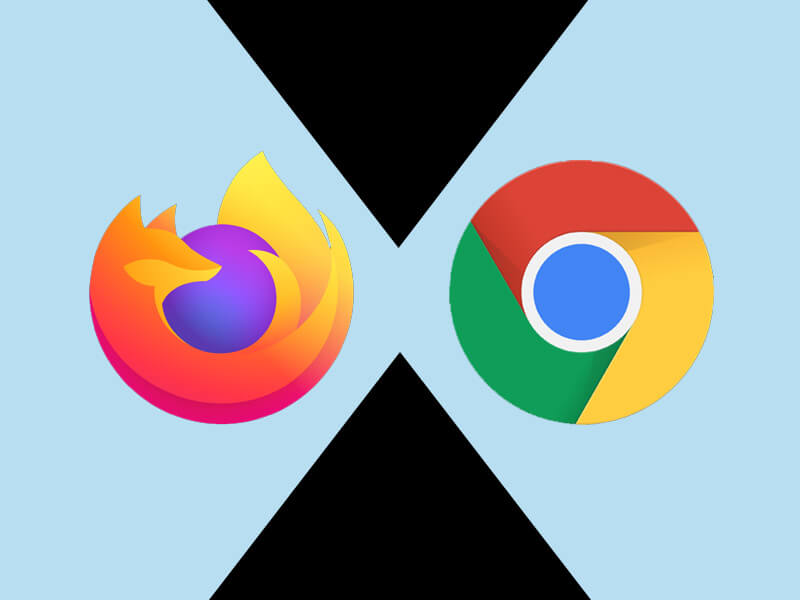

Finally, since most of Chrome is open source, users can visit to look under the hood (emphasis on most of, as the issue of how open Chrome is, versus Chromium is a hotly debated ongoing issue.) Google also noted that Chrome was one of the first browsers to incorporate sandboxing as a security measure. Google reps also pointed to Chrome's safety record, their monetary rewards for bug reports, and their Pwnium contests, which encourage hackers to beat on Chrome and Chrome OS until they find vulnerabilities. Indeed, Google is leading the charge for transparancy in government data requests, and recently publisehd their first government transparency report. They cited their background fighting for internet privacy and against governments and companies that want to harvest data. We spoke to Google about their approach to privacy, and they replied in no uncertain terms: Privacy and security is a top priority. That said, Google doesn't say how long they store that information or how easy it would be to build a personal profile based on all of that non-personally identifiable information.
:max_bytes(150000):strip_icc()/Firefox-vs-Chrome-8f922e26272f414485698ea81f0635f4.jpg)
It's a lot of data, but Google is absolutely clear: none of it is personally identifying. If you have usage statistics and bug reporting enabled, additional information is included. If you use spell check, any text you type in Chrome is sent to check for spelling mistakes or errors. If you use conversational search or voice search, a recording of your audio, the URL requesting speech input, and the grammar settings of the page you're visiting are all sent to Google's servers, but all of that is required for the feature to work. The amount of information Google gets varies depending the features you use. To their credit, Google has an entire privacy policy breakdown just for Chrome, where they explain exactly what information they get and what they do with that information.ĭo Not Track, the feature in web browsers and web sites that asks advertisers and data miners not… Read more By default, most are turned on, but they're all under chrome://settings and "Show advanced settings." This is also the place you can enable Do Not Track, which, as long as sites honor it, also also helps protect your privacy.
#FIREFOX VS CHROME PRIVACY INSTALL#
Logging in to Chrome also lets you use Chrome Apps, and while you don't have to sign in to install add-ons, Google definitely encourages it.Ĭhrome has discrete privacy settings, where you can enable or disable services like URL prediction, page pre-rendering, spelling correction, and usage statistics and crash reports. If you sign in to Chrome with your Google account, you can make use of Chrome Sync, which lets you sync your bookmarks, passwords, and tabs for later or to use on other devices. Like most browsers, Chrome has useful features that phone home to Google or use Google services.
#FIREFOX VS CHROME PRIVACY HOW TO#
How to Stop Web Sites from Potentially Listening to Your MicrophoneĮarlier this week, web developer Tal Ater warned of a Chrome exploit that would allow an… Read more We'll get to how third parties play into things a little bit later, but first, let’s talk about Chrome on its own. However, both of those issues are third parties using a combination of built-in features and user trust to spy on them-it has nothing to do with the browser itself. Between adware-filled extensions and microphone-listening exploits, It might look like Chrome has privacy problems. Google Chrome, being the dominant web browser in most of the world, has taken a few hits lately in the privacy department. Chrome, and Google's Position on Browser Privacy Let's take a look at some of the most popular browsers from a privacy angle, and see who has your back when it comes to tracking-or not tracking-what you do online. Different browsers handle user data in different ways, and when you toss add-ons and extensions into the mix, the picture changes even more. This week, Ars Technica and How-To Geek released some pretty startling news: a lot of browser… Read moreĭear Concerned Browser, That's a great question, and the answer isn't as clear cut as you might think.

Many Browser Extensions Have Become Adware or Malware.


 0 kommentar(er)
0 kommentar(er)
